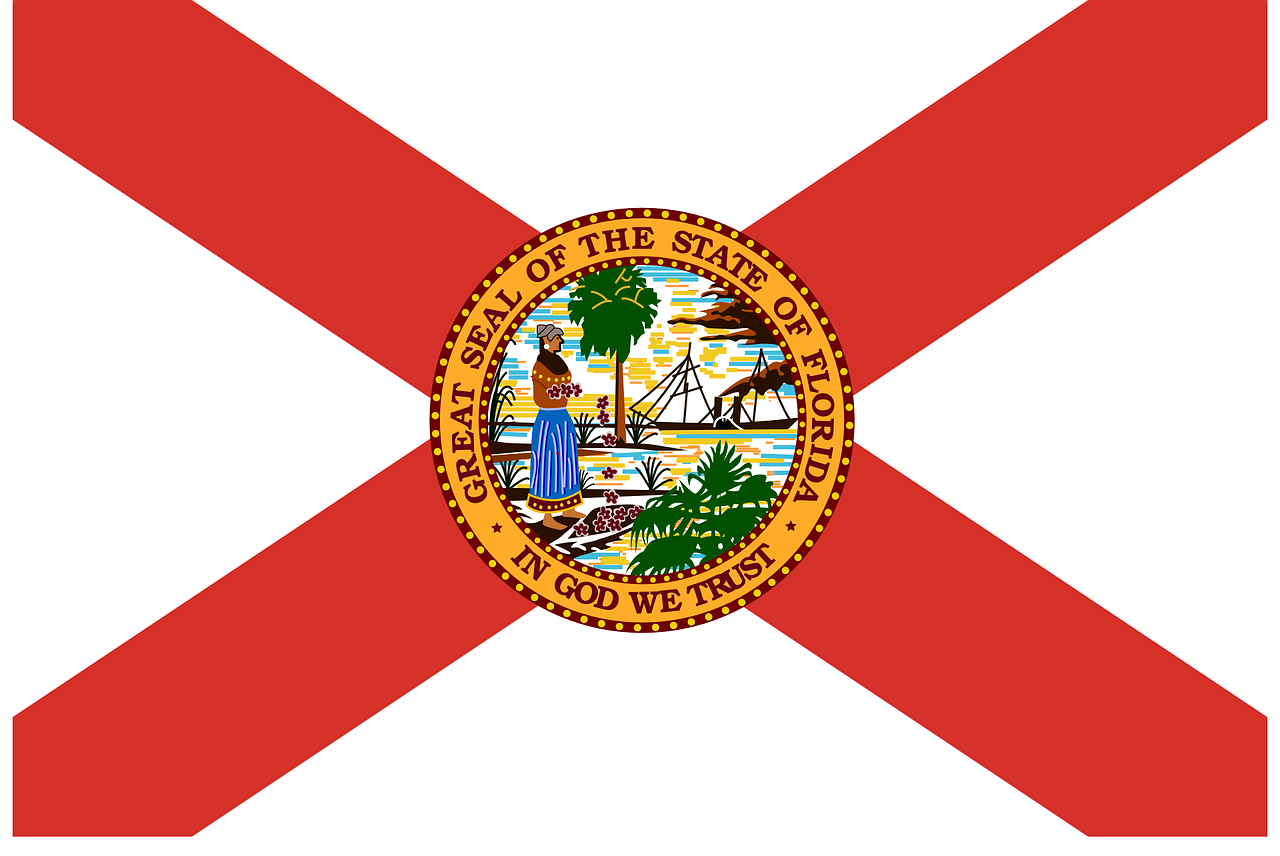Update, 11:48 a.m., Oct. 12: Federal Judge Mark Walker extended Florida’s voter registration deadline on Wednesday by a week, moving it to Tuesday, Oct. 18.
With an even mix of Democrats and Republicans, Florida is often referred to as a “purple state” or a swing state, a state in which no particular presidential candidate receives overwhelming support in securing Electoral College votes.
Although Democratic candidate Hillary Clinton is leading against Republican candidate Donald Trump 49 to 44 percent in Florida, polls show that either Trump or Clinton could win the state.
In the wake of Hurricane Mathew, a powerful storm that struck parts of Florida last week, Judge Mark Walker issued a one-day extension to Florida’s voter registration deadline and will hear arguments for a longer extension on Wednesday. The decision came after Democrats in the state, supported by the Clinton Campaign, sued the court and requested more time for Floridians to register. The original deadline was Oct. 11.
Florida Governor Rick Scott said Thursday evening that extending the Oct. 11 voter registration deadline was not an option.
“Everyone has had a lot of time to register,” Scott said in a press conference.
To compensate for the delay caused by Hurricane Matthew, vote-by-mail ballots were sent to residents across the state this week. As of today, a record 2.5 million people — nearly one-third of all Floridians who voted in the 2012 election – have made requests for early ballots.
According to the Centre for Voting Opinion & Trends in Election Research’s state tracking poll released Sept. 26, the candidates’ leads in the 12 swing states are very narrow. If these states were not counted, the race would be tied 191-191 in electoral votes. Florida, a state with 29 votes, is always pivotal to the presidential elections. In the 2016 presidential election, Florida is even more important due to the competitiveness of the race.
Professor Samuel Terilli, UM School of Communication Department Chair and associate professor, has lived in Florida for 34 years. He has been witness to the variety of people in the state, and has seen how those differences can become more pronounced during election cycles.
“We are an entertaining state for the rest of the country,” Terilli said. “We are such a mix of different people from different types of experience. You have both the clued-in and the clueless. You have people who are recent immigrants and people who have been here. Florida is not just a swing state. It is a spinning state. No one knows where it’s going to land.”
The cleft between conservatives and liberals that is creating uncertainty about Florida’s outcome in November is pushing some UM students to get out and vote. Students from out-of-state are taking advantage of their loud voices in this election – millennials, minorities and Floridians are all being targeted by the candidates – and many are re-registering to vote in Florida.
Freshman Alessia Palumbo, a health studies major, originally registered to vote in her hometown of Brooklyn, New York. After being in Miami for about a month, she decided to re-register as a Florida voter.
“I know that I want to stay in Miami. If I am going to be living here, I should be registered here,” Palumbo said.
Bridget Scanlon, a Republican voter, is a freshman from New Jersey, a blue state. Scanlon said she was unsure if her vote would count for more in Florida or New Jersey. It was UM College Republicans that helped her realize she had the option to either fill out an absentee ballot or re-register in Florida, Scanlon said.
“I know that my Republican vote can benefit New Jersey since it is such a Democratic state. But my vote could also sway the outcome in Florida, a swing state,” Scanlon said.
Palumbo said seeing various student organizations on campus encouraging students to vote, regardless of their political beliefs, made her more eager to get involved.
“The importance of voting as a college student in Florida is strongly recognized and magnified on this campus,” Palumbo said.
Chris Dalton, president of UM College Republicans, said living in a purple state makes you feel like your vote counts even more, because major outcomes could be swayed by a handful of votes. Because of this, the College Republicans are partnering with the university’s chapter of Get Out The Vote to do registration drives and host a number of events focusing on democratic participation. The organizations will collaborate with other university departments to continue educational programming up until Election Day in hopes of getting more and more students actively engaged.
“We are trying to make it easy,” Dalton said.
Dalton said College Reps registers students to vote on a daily basis.
Terilli said the close call between Trump and Clinton in the state of Florida reminds him of the presidential race between George W. Bush and Al Gore in 2000. Florida was key in determining the outcome and in the nation’s closest presidential election; Gore and Bush both campaigned heavily in the state.
The close margin triggered a mandatory, 36-day-long recount. After the U.S. Supreme Court’s 5-4 ruling, Gore conceded the presidency to Bush on Dec. 13, 2000.
Almost 16 years later, the state of Florida’s electoral votes are still critical to winning the presidency.
Terilli said Florida is a state that foreshadows where the country is headed next, because it is made up of an entire spectrum of ideologies and cultures and groups.
“We are preview of what might be coming,” Terilli said.
The last day to register to vote in Florida is Oct. 12. You can register to vote here: https://www.vote.org/
Full disclosure: Chris Dalton is the Business Manager for The Miami Hurricane.







